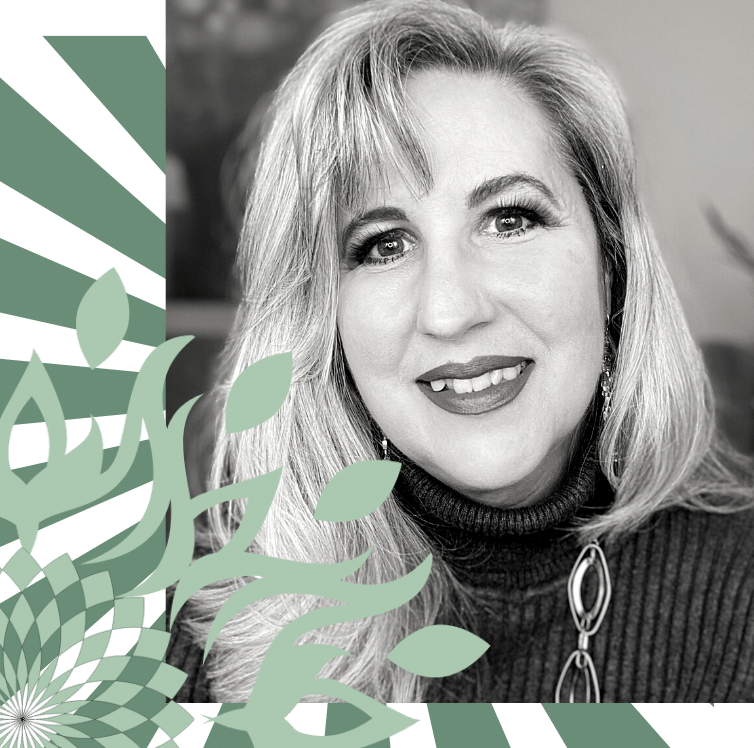Are You Drowning Under Your Loved One’s Drug or Alcohol Use?
It's time to reclaim your life from the chaos
I’m Madeleine Craig
I am an educator and life coach for families struggling with a loved one’s substance use.
My research and frameworks help you develop an informed and customized response to your loved one’s substance use so you can:
- Compassionately support your loved one.
- Take care of yourself.
- Heal generational cycles.

I want a world where…
Families have the knowldge and support needed to effectively and compassionately face the problem of a loved one’s substance use.
A loved one’s substance use isn’t so traumatizing to families because family members know how to respond, how to take care of themselves, and how to support.
Supporting families and family healing is an essential part of resolving the addiction crisis.
And I Believe We Will Never Successfully Solve the Addiction Crisis Until Supporting Families and Whole Family Healing Becomes an Essential Part of the Solution
(click each image to learn more)
The Landscape of Addiction & Substance Use Disorders Is A Minefield
Much of Our Cultural Knowledge About Addiction & Codependency Is Flawed
Much of our cultural knowledge about addiction and codependency comes from very low-bottom cases. But substance use disorders occur on a spectrum and the reality of what works is much more nuanced. Advice borne from one end of the spectrum does not necessarily apply to the other. And myths about both addiction and codependency abound.
Addiction Presents Two Competing Challenges
- Addiction and substance use disorders are a disease, which demands compassion and treatment.
- People active in addiction hurt people – badly. This calls for boundaries, and consequences where appropriate.
And there is no one right way to navigate between these two challenges.
Most Responses to Addiction Only Focus On One Part of the Problem
Treatment outcomes improve with family-wide support, but the treatment industry largely ignores the damage to the family system. Without family healing, the generational cycle of addiction and dysfunction continues. On the other hand, society’s primary response to substance use is incarceration, exacerbating drug and alcohol use while offering few opportunities for treatment. Both competing challenges must be addressed to some degree.
The Treatment Industry Is Largely Unregulated
There are no federally imposed standards defining what constitutes effective treatment or who is qualified to offer treatment. Counselors may or may not be licensed. Treatment methods may or may not be evidence-based. Data on treatment outcomes often artificially inflates positive outcomes. Some elements of the treatment industry are designed to increase profits through client relapse. Treatment centers actively market to family members who often pay the fees, but offer family members no meaningful support for their own healing.
Much of Our Cultural Knowledge About Addiction & Codependency Is Flawed
Much of our cultural knowledge about addiction and codependency comes from very low-bottom cases. But substance use disorders occur on a spectrum and the reality of what works is much more nuanced. Advice borne from one end of the spectrum does not not necessarily apply to the other. And myths about both addiction and codependency abound.
Addiction Presents Two Competing Challenges
- Addiction and substance use disorders are a disease, which demands compassion and treatment.
- People active in addiction hurt people – badly. This calls for boundaries, and consequences where appropriate.
Most Responses to Addiction Only Focus On One Part of the Problem
Treatment outcomes improve with family-wide support, but the treatment industry largely ignores the damage to the family system. Without family healing, the generational cycle of addiction and dysfunction continues. On the other hand, society’s primary response to substance use is incarceration, exacerbating drug and alcohol use while offering few opportunities for treatment.
The Treatment Industry Is Largely Unregulated
There are no federally imposed standards defining what constitutes effective treatment or who is qualified to offer treatment. Counselors may or may not be licensed. Treatment methods may or may not be evidence-based. Data on treatment outcomes often artificially inflates positive outcomes. Some elements of the treatment industry are designed to increase profits through client relapse.
- If you’re struggling to figure out how to address your loved one’s drinking or drug use
- If you’re worried sick about what might happen to them, and what might happen to you
- If you’re getting conflicting advice, unsolicited advice, or advice that doesn’t seem to fit your situation
The problem is not you.
It’s not even them.
The reality is that there is no one solution,
no one right answer,
when it comes to substance use disorders.
And very few people understand this.
I give families the knowledge, support, coaching and clarity they need to kindly and effectively address the impacts of a loved one’s drug or alcohol use, so you can determine the right solution that fits your own needs.
I Believe To Solve These Challenges,
Families Need to Be an Essential Part of the Solution.
Let’s Make That Happen.
Starting Right Now
The effective support families struggling with substance use need.
[/lwp_overlay_image]
Substance use disorders are a complex problem. Learn tools to address them in easily manageable chunks.
[/lwp_overlay_image]
Recovery isn’t just about stopping the use. And there’s a difference between stopping and staying stopped. Learn the 5 actions required to recover from a substance use disorder in this free video series.
[/lwp_overlay_image]
The program for families committed to supporting both themselves and their loved one.
[/lwp_overlay_image][lwp_overlay_image overlay_title=”Individual Life Coaching” src=”https://madeleinecraig.com/wp-content/uploads/2022/08/ONE-ON-ONE.png” overlay_color=”#4F4F4F” alt=”The Family Addiction Support Center” button_text=”Learn More” button_url=”https://madeleinecraig.com/coaching/” button_url_new_window=”on” _builder_version=”4.21.2″ _module_preset=”default” header-overlay_font=”|||on|||||” header-overlay_text_align=”center” header-overlay_text_color=”#FFFFFF” header-overlay_font_size=”18px” module_font=”|300|||||||” module_text_color=”#FFFFFF” module_font_size=”16px” custom_button=”on” button_text_size=”16px” button_text_color=”#FFFFFF” button_bg_color=”#8F2F64″ button_border_color=”#8F2F64″ button_font=”|||on|||||” button_use_icon=”off” button_alignment=”center” text_orientation=”center” custom_margin=”26px||||false|false” custom_padding=”|||0px||” hover_enabled=”0″ global_colors_info=”{}” sticky_enabled=”0″]
Work one-on-one with coach Madeleine Craig to find a response that works for you.
[/lwp_overlay_image]
Addiction is not a spectator sport. Eventually the whole family gets to play.
~Joyce Rebeta-Burditt